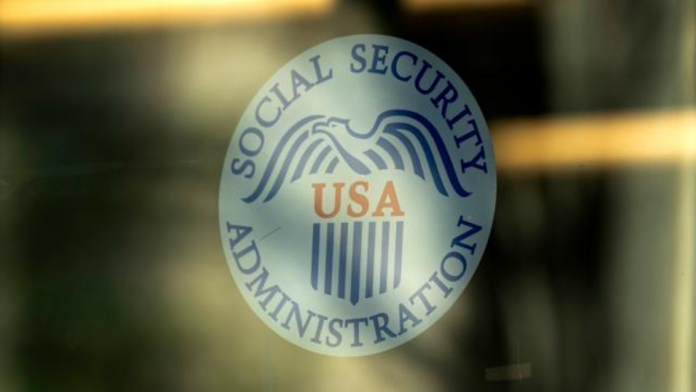Charles Borges, the Social Security Administration’s chief data officer, has stepped down in what he describes as an “involuntary resignation”. Borges says the decision was not his choice but the result of pressure after raising alarms about dangerous data handling practices inside the government.
In his resignation letter, Borges explained that he could no longer do his job legally or ethically. He said the situation caused him intense stress, making it impossible for him to continue. According to Borges, his main concern was that sensitive personal data of millions of Americans had been put at risk by a controversial move inside the Department of Government Efficiency, also known as DOGE.
Borges warned that the environment inside the Social Security Administration was toxic. He claimed leaders ignored his warnings and instead created a culture of retaliation. After sending his resignation letter to staff, Borges says it disappeared from employee inboxes within minutes, raising fears of censorship.
Trump’s global tariffs struck down by federal court for exceeding emergency powers
Sensitive Data Copied to Vulnerable Cloud
The most serious allegation from Borges involves the handling of the government’s massive Numident database. The Numident database is essentially the government’s master file of everyone who has ever been issued a Social Security number. It includes details such as names, dates of birth, addresses, parents’ names, and the Social Security number itself, making it one of the most sensitive identity record systems in the country.
According to Borges, DOGE staffers copied this database onto a cloud server that was not properly secured. Experts say that if true, such a move could expose hundreds of millions of people to identity theft. Identity theft occurs when criminals steal personal information to pretend to be someone else. They can use it to open credit cards, take out loans, or even file fake claims for government benefits, leaving victims with damaged credit, financial losses, and years of stress trying to prove their innocence.
Kingsley Utulu Gets Over 5 Years for Brutal Identity Theft Scam
Borges stated that this copying process broke multiple federal laws. He added that the risks were so great that he could not, in good conscience, continue in his position. In his filing, Borges warned of possible nationwide fallout if the information were ever accessed by the wrong hands.
While Borges insists the risks are real, there is no public evidence that a breach has actually happened. For now, the Social Security Administration maintains it is not aware of any data leaks and says it remains committed to protecting citizens’ private information.
Court Battles and Growing Controversy
The fight over Social Security data has already drawn national attention. Earlier this year, a federal judge temporarily blocked DOGE, which at the time was under the leadership of Elon Musk, from accessing sensitive Social Security records. That decision was later overturned by the Supreme Court, allowing the department to proceed.
🇺🇦 Ukraine hacks 100TB of Russian government data — massive cyber attack exposes Kremlin secrets
Critics have long questioned how DOGE manages government data. Borges’s complaint has added new fuel to the fire, painting a picture of reckless actions and disregard for the safety of citizens’ personal details.
Borges has now turned to the Government Accountability Project, a group known for supporting whistleblowers. According to him, he is cooperating with oversight investigators as they review the situation.
The resignation of Charles Borges marks one of the most dramatic shake-ups inside the Social Security Administration in recent years. With the allegations now public, questions remain about the safety of the nation’s most sensitive data and how the government responds to those raising alarms from within.
